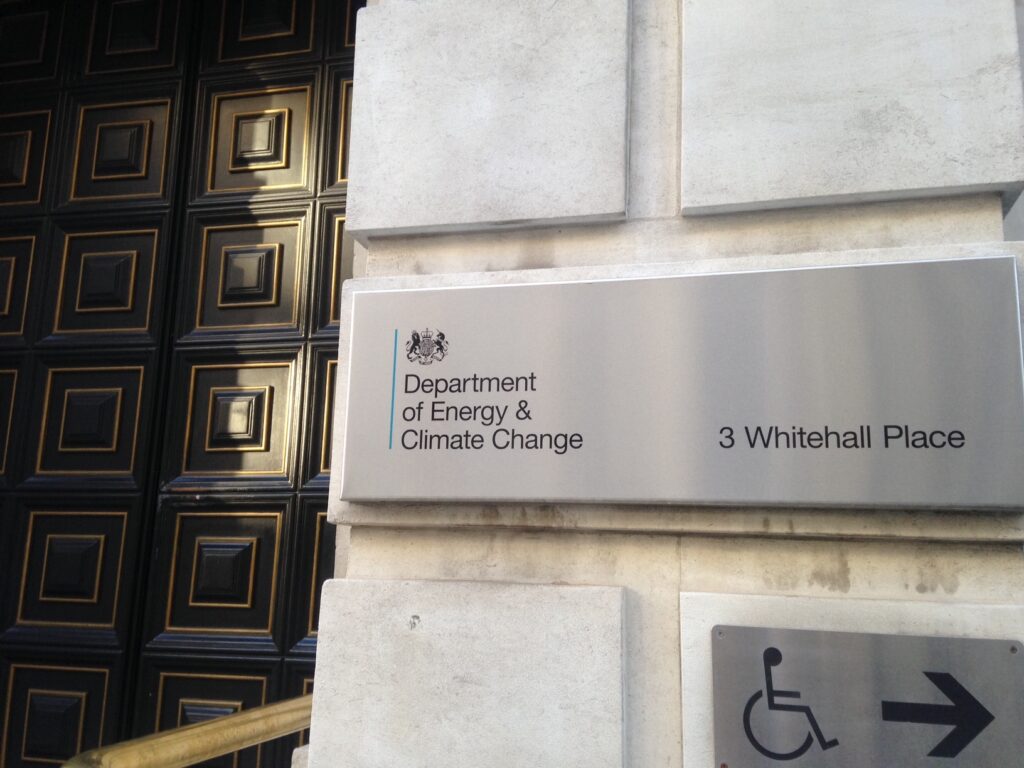The Department of Energy and Climate Change should be looking at programmes that have been successful in the past in order to put together successful policies now, an evidence session at the ECC select committee has heard.
This morning the select committee gathered at Portcullis House to hear evidence on home energy efficiency and demand reduction progress and Peter Smith, head of policy at National Energy Action, said that DECC had struggled in the past due to its failure to retain knowledge of what has worked in the past.
Smith added his belief that a lot of civil servants at the department “don’t know the background on energy efficiency” and don’t look at past programmes, stating that DECC needed to better retain the knowledge of what was needed and what had worked before.
Energy Saving Trust chief executive Philip Sellwood agreed, noting that due to the roll-out of programmes such as ECO and the Green Deal DECC was one of the few departments under the previous government to see its headcount rise.
“It’s not a question of quantity [at DECC], it’s about good practice…there’s almost a view of ‘unless we change something, it can’t be good’,” Sellwood said.
DECC had continually hinted that policies to replace those axed by the Conservative government, including the Green Deal, will be forthcoming after this month’s energy statement but there has yet to be any hint as to what support they will include.
Also providing evidence this morning was Grant Bourhill, director of smart systems and heat at the Energy Technologies Institute, who said that DECC must work on building confidence in regulation frameworks and the supply chain if it is to meet its targets of supporting energy efficiency. “There’s an ambiguity in regulation that must be tightened,” Bourhill added.






